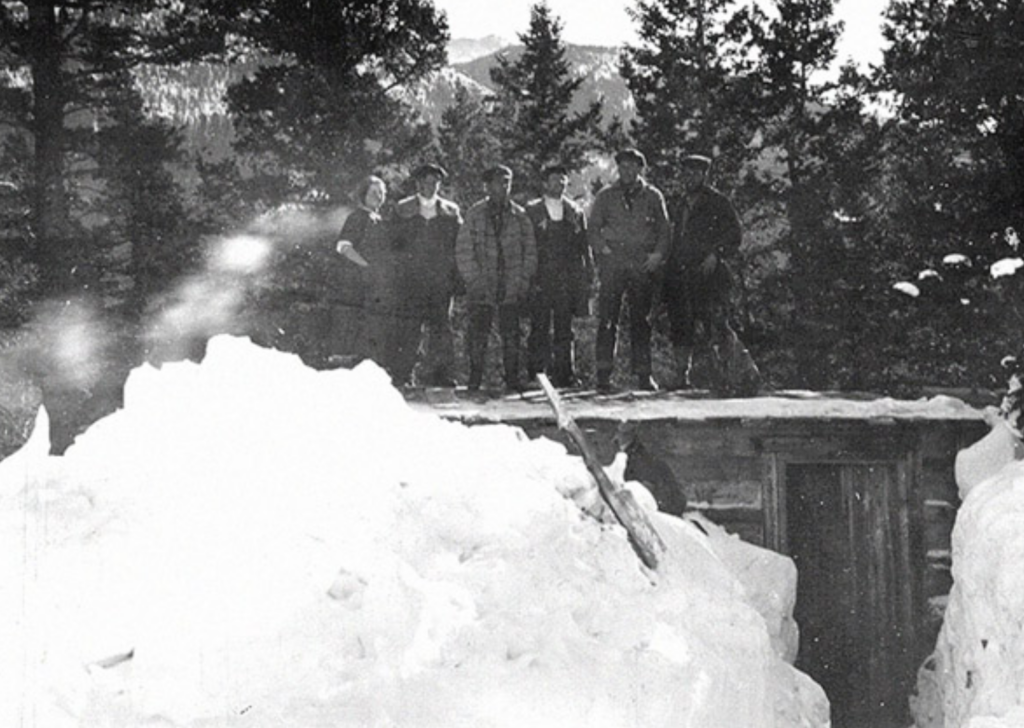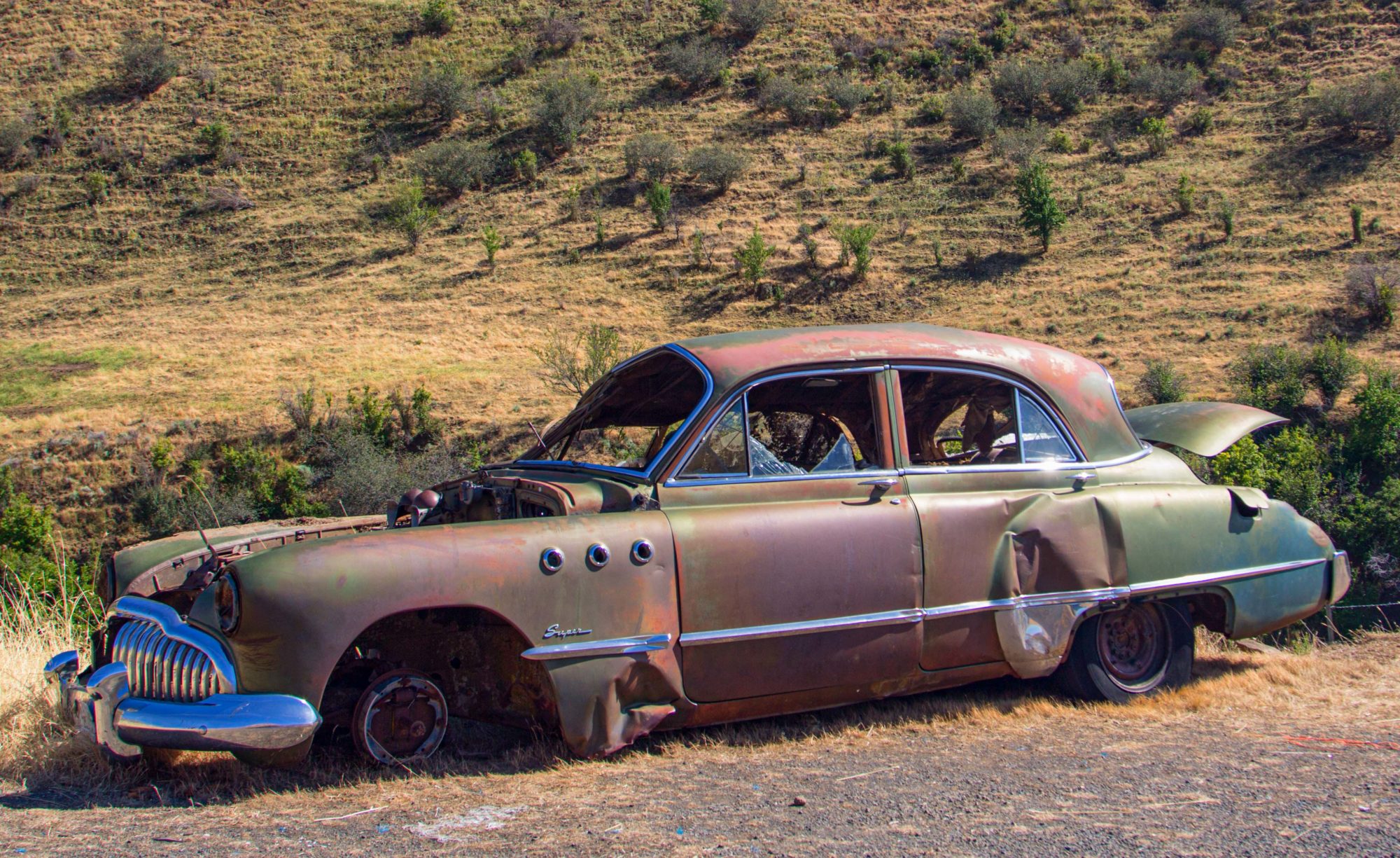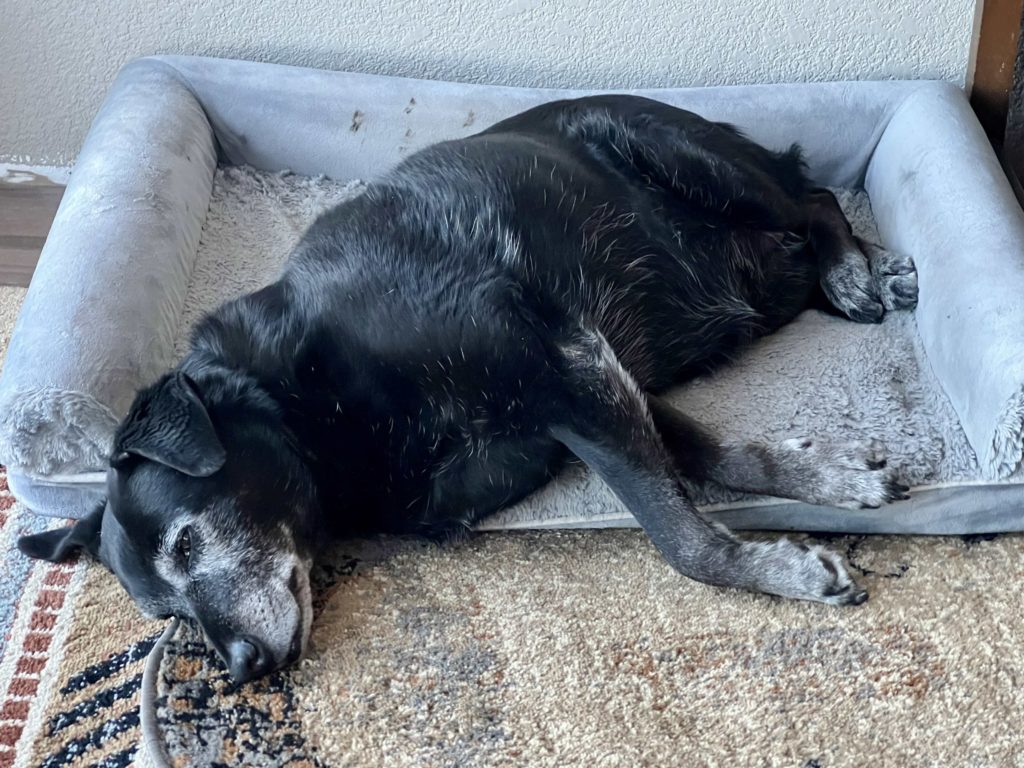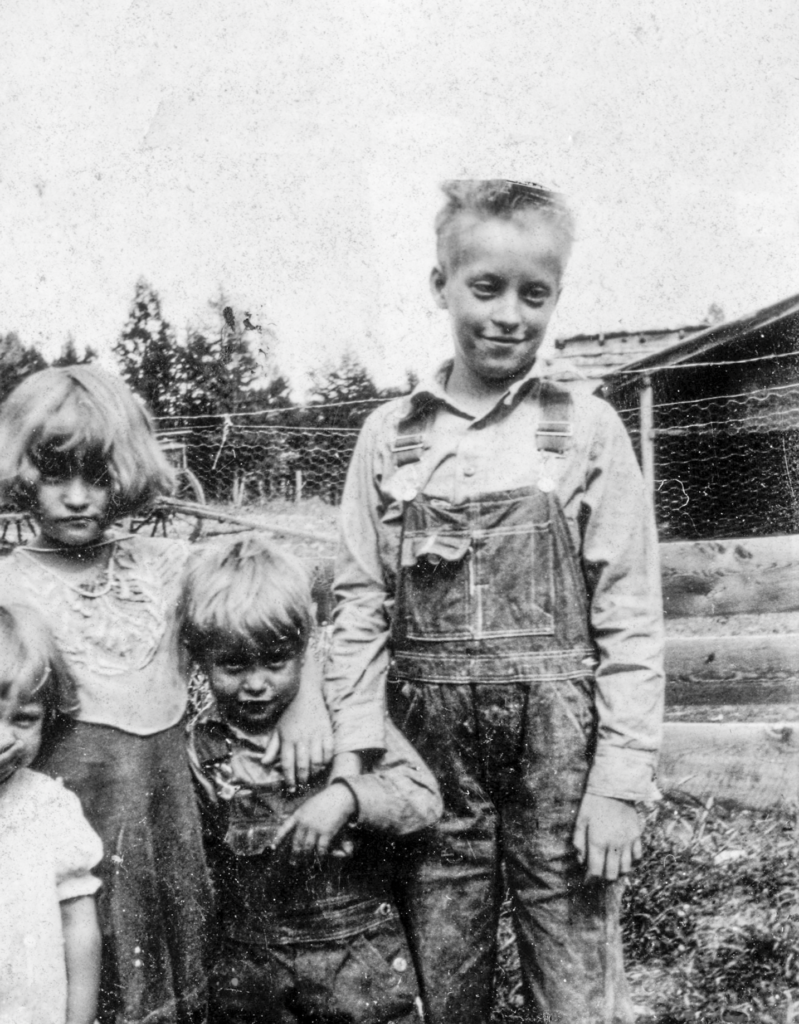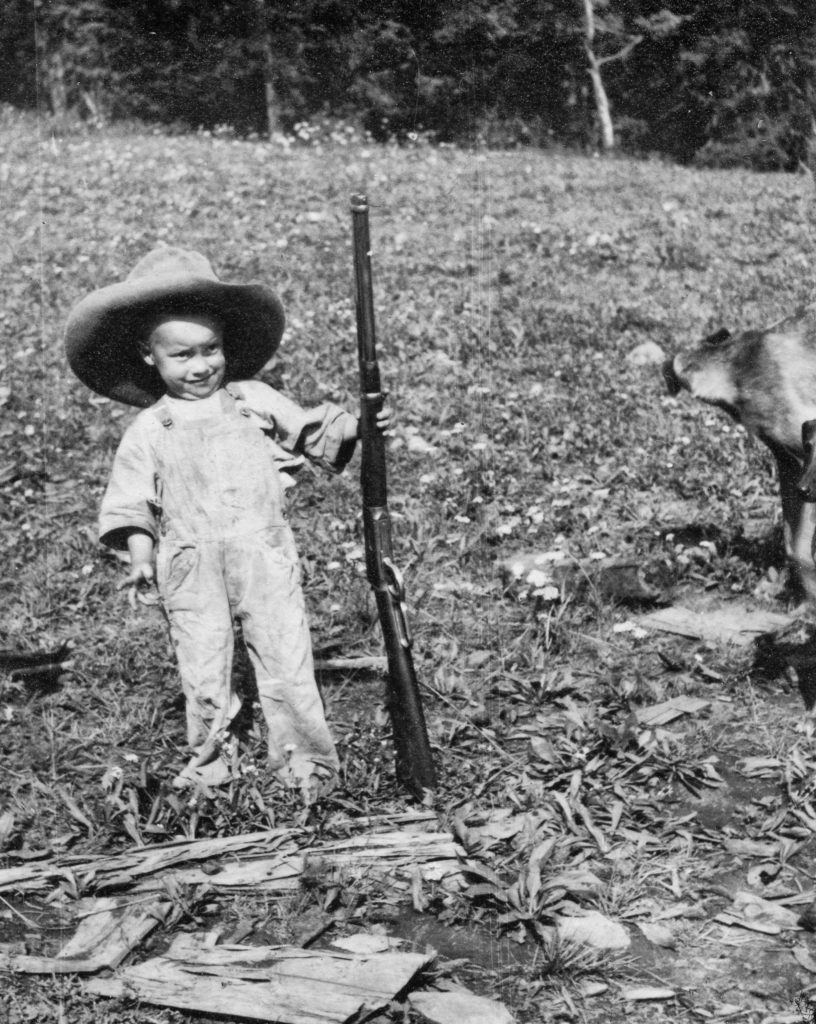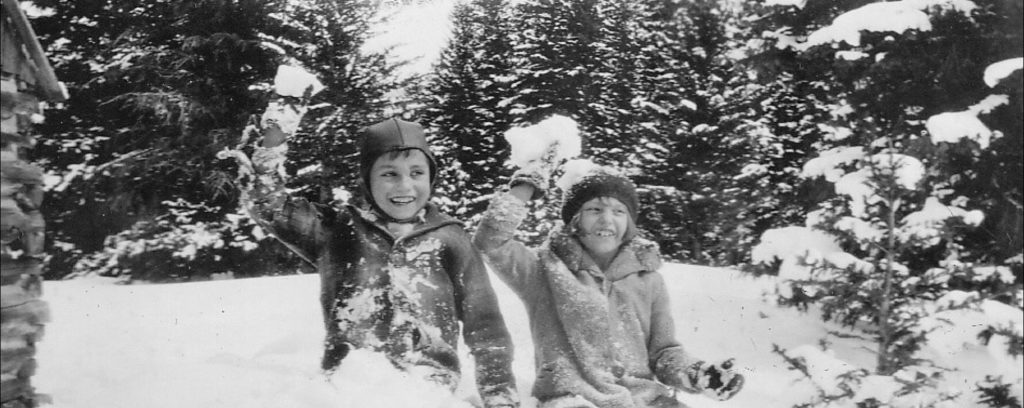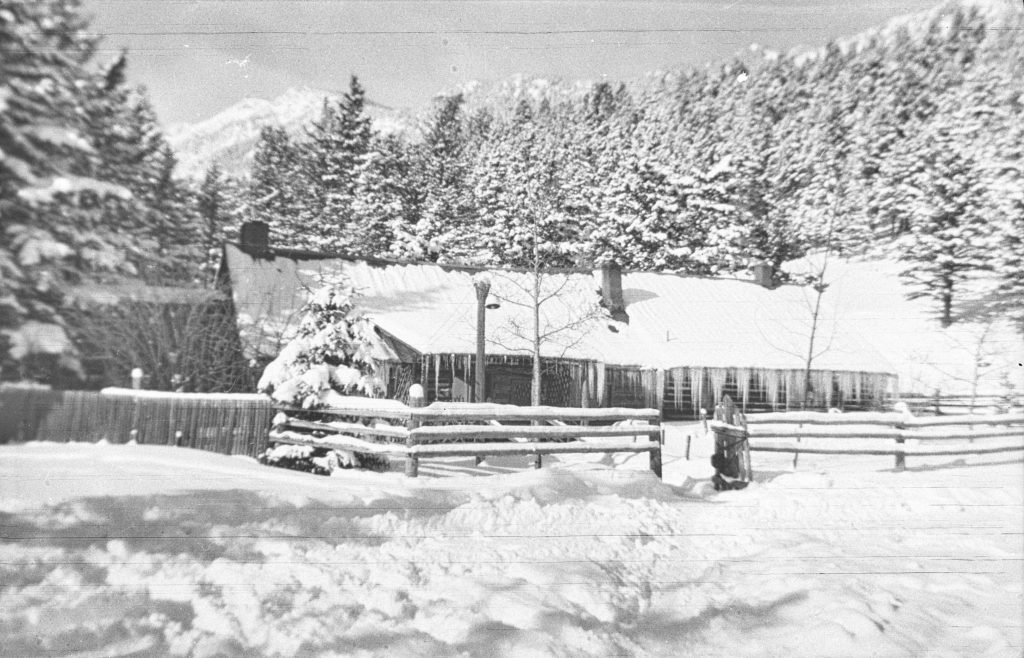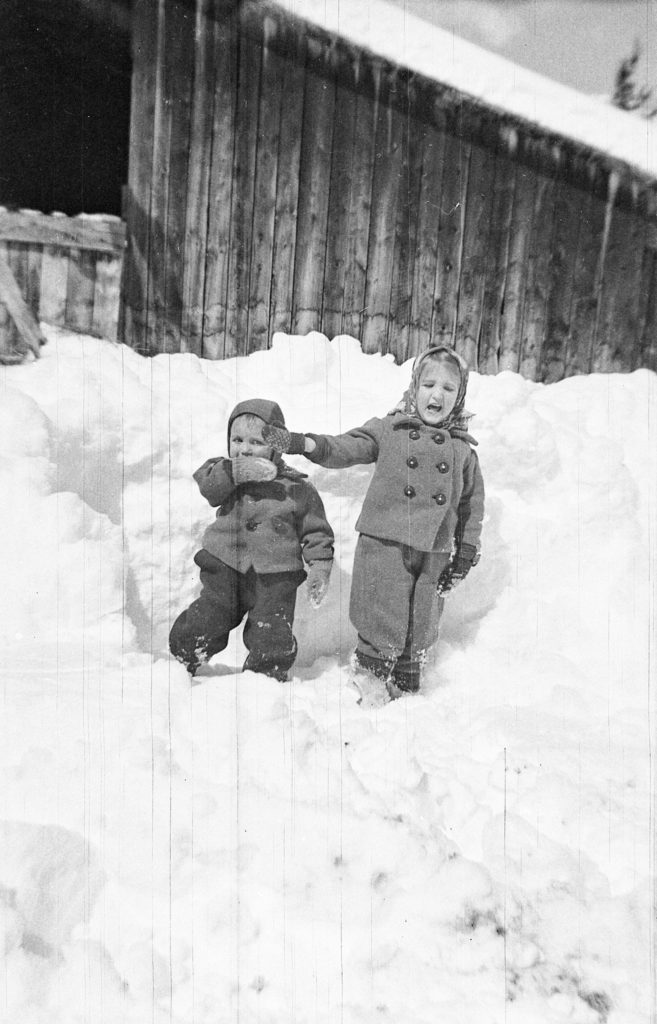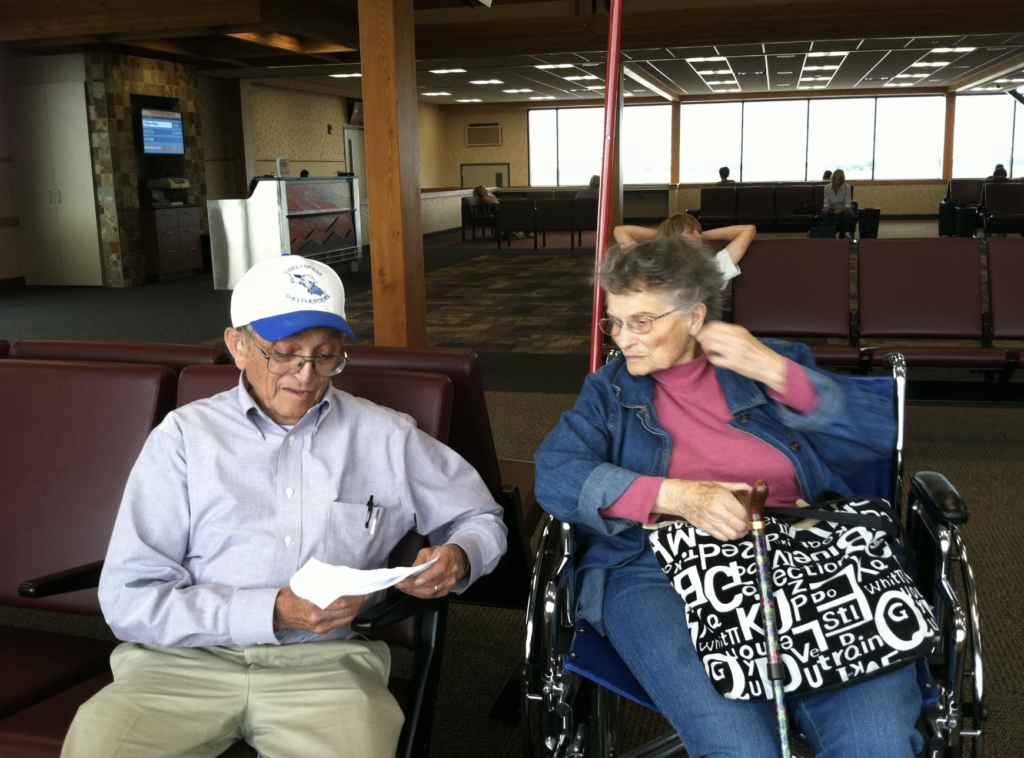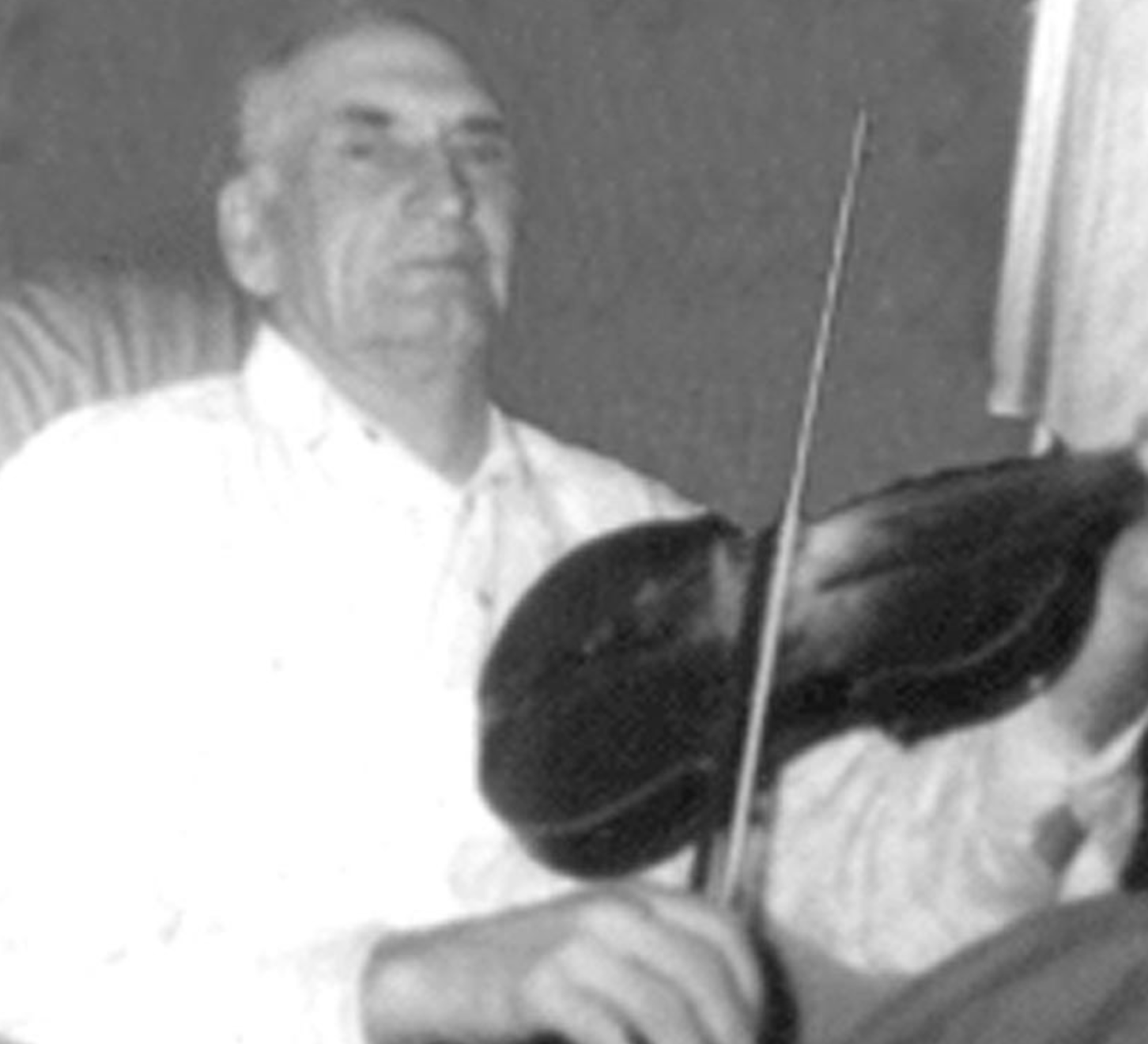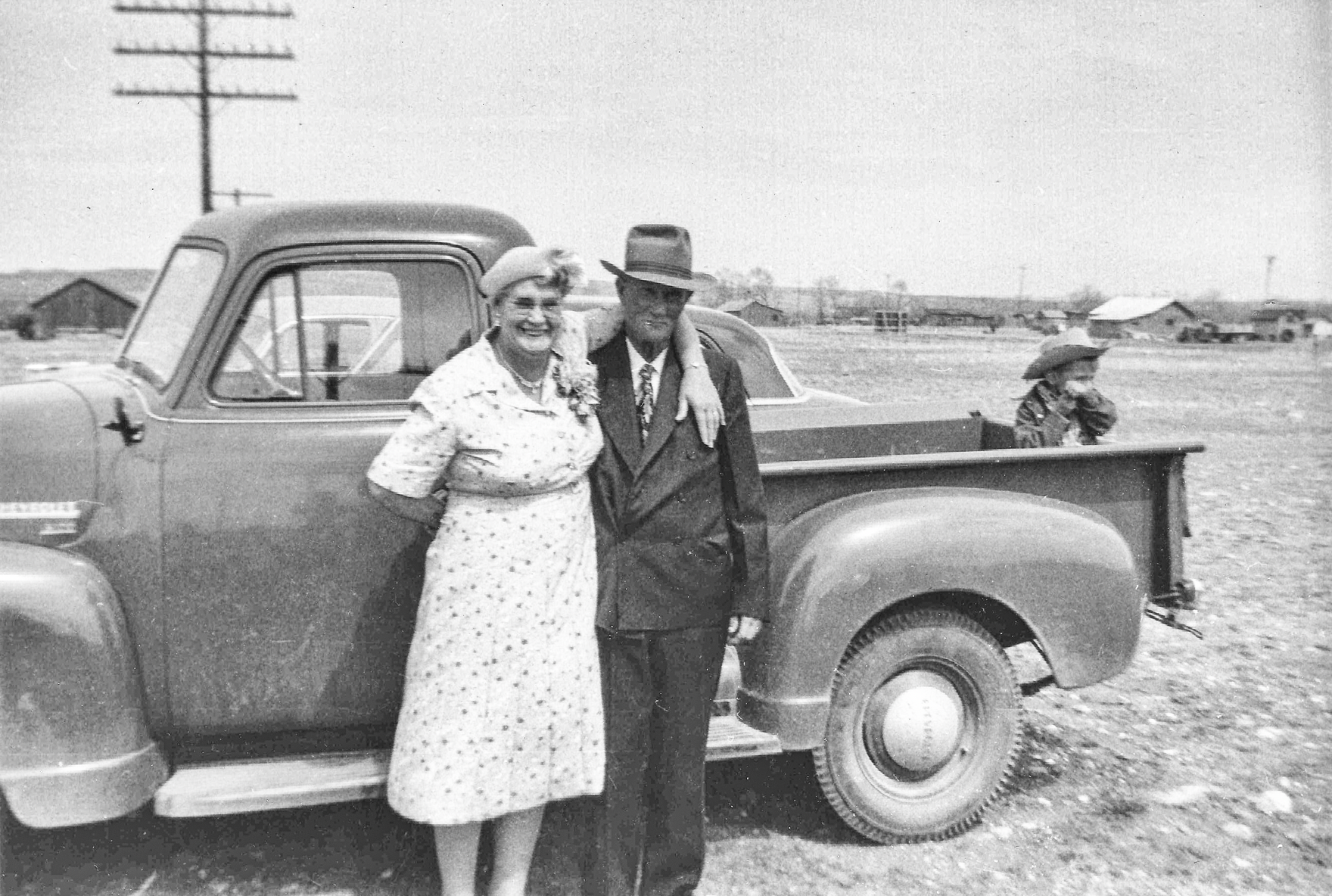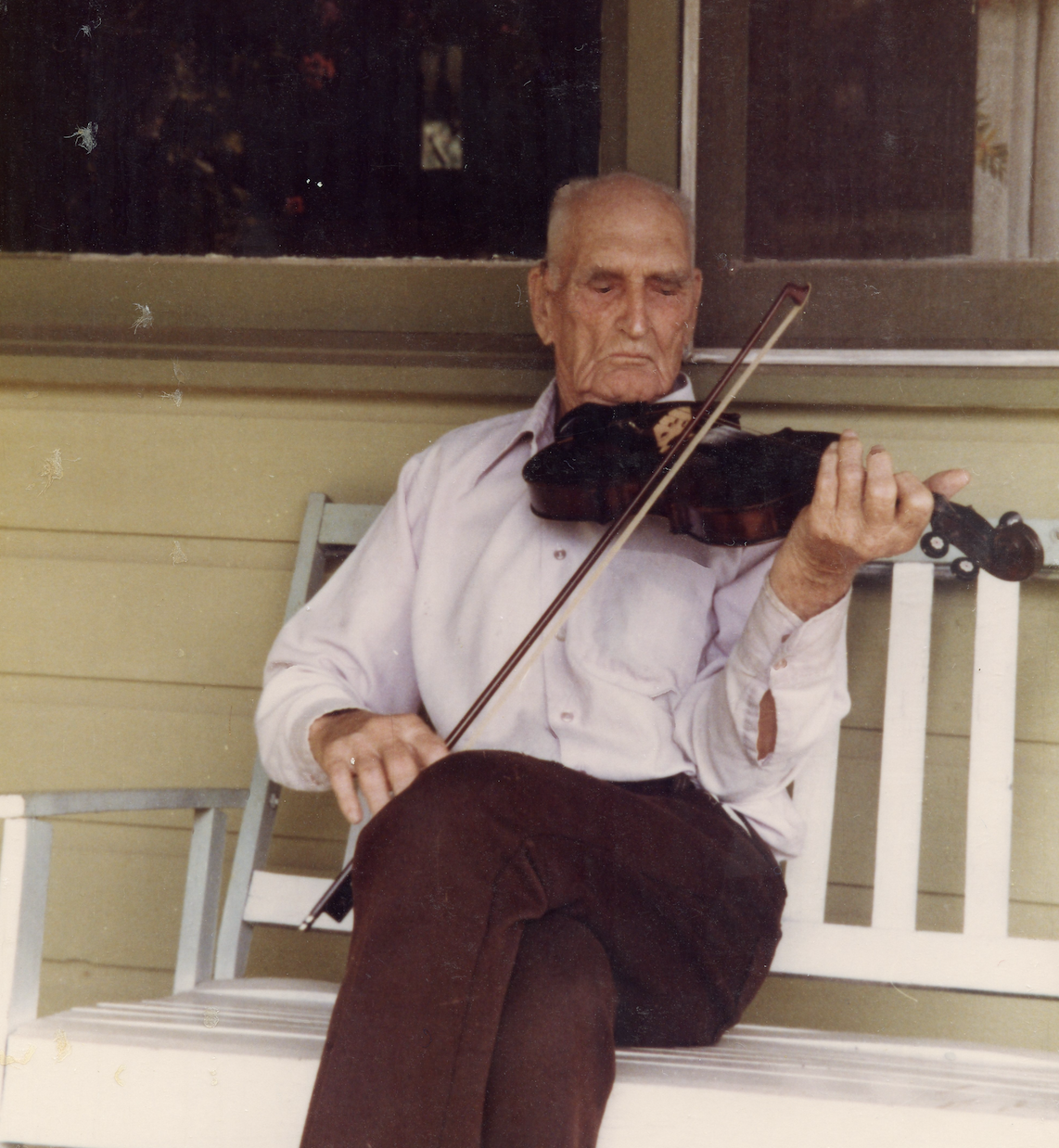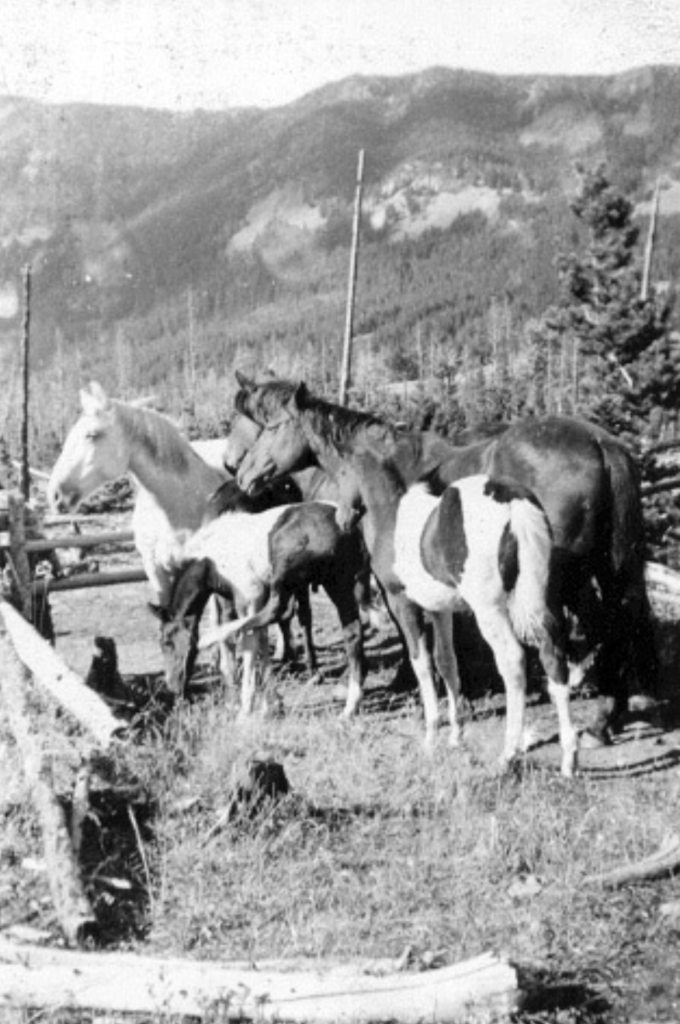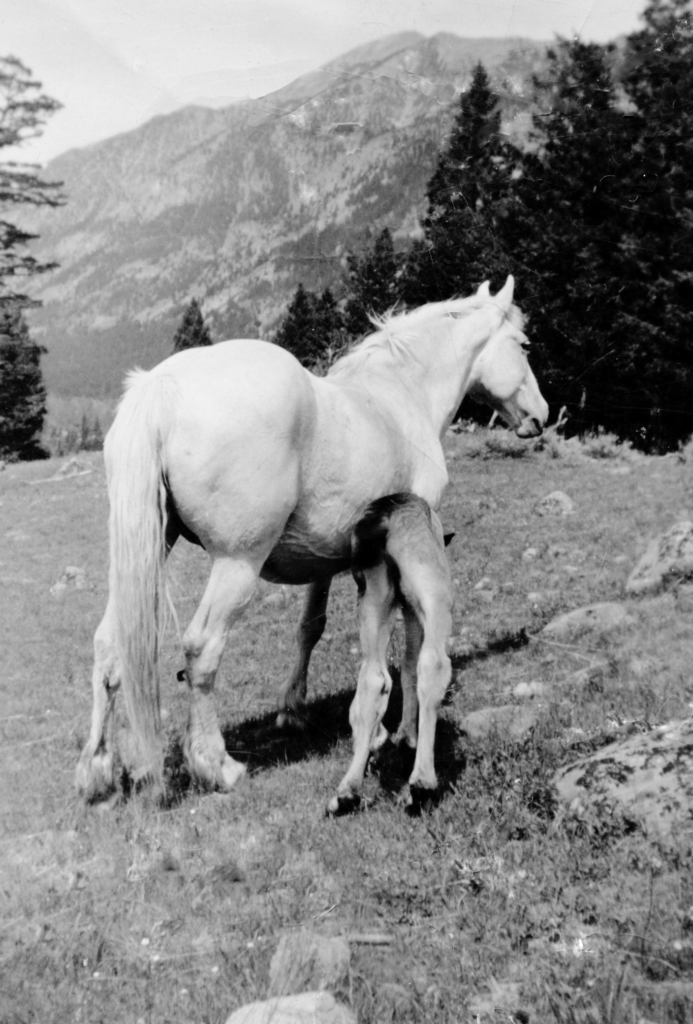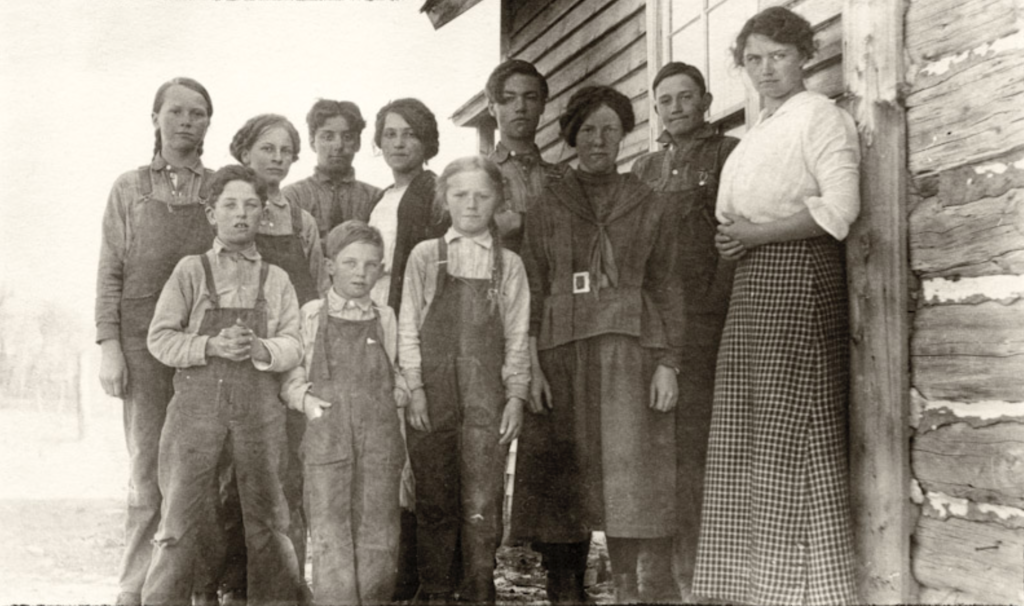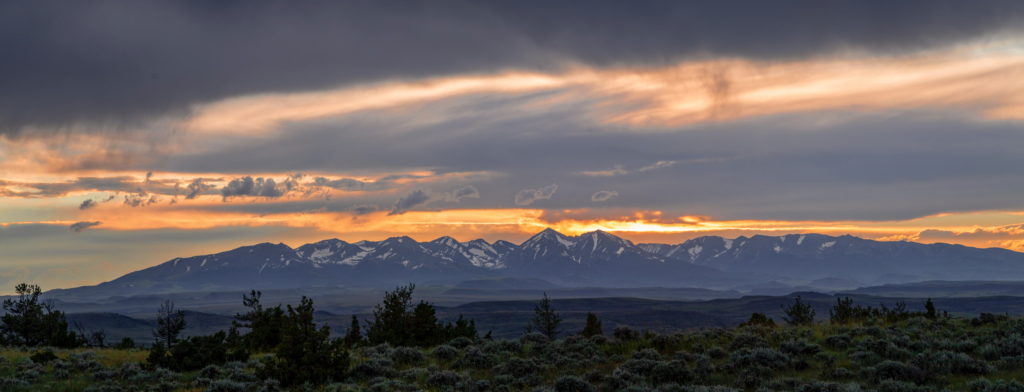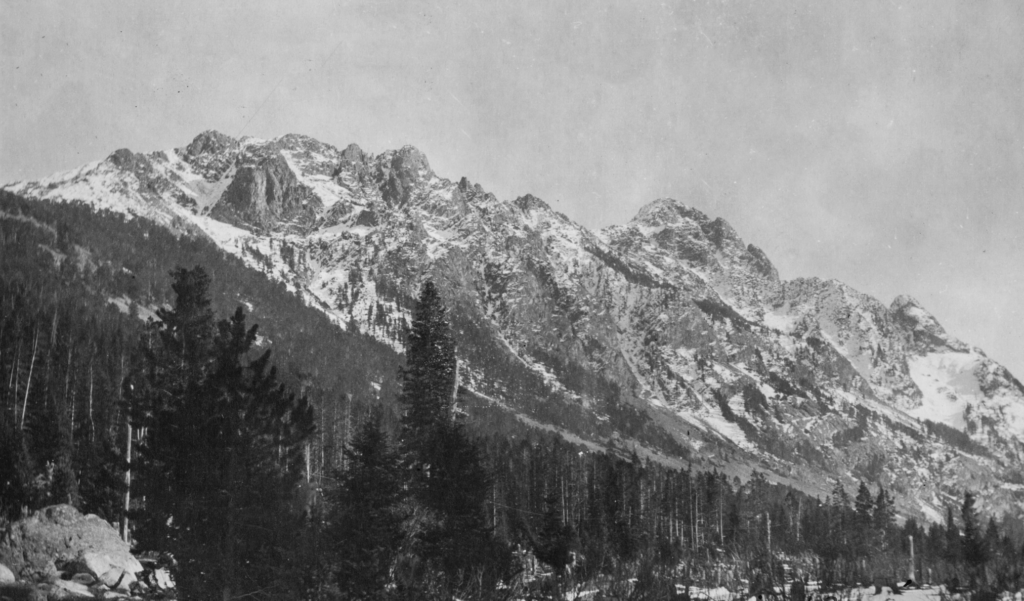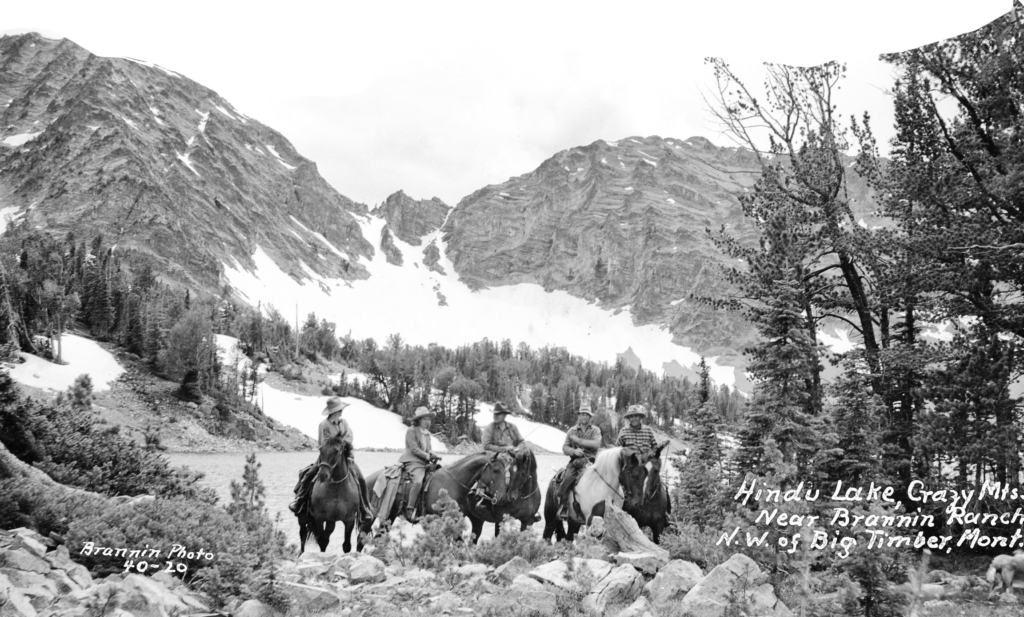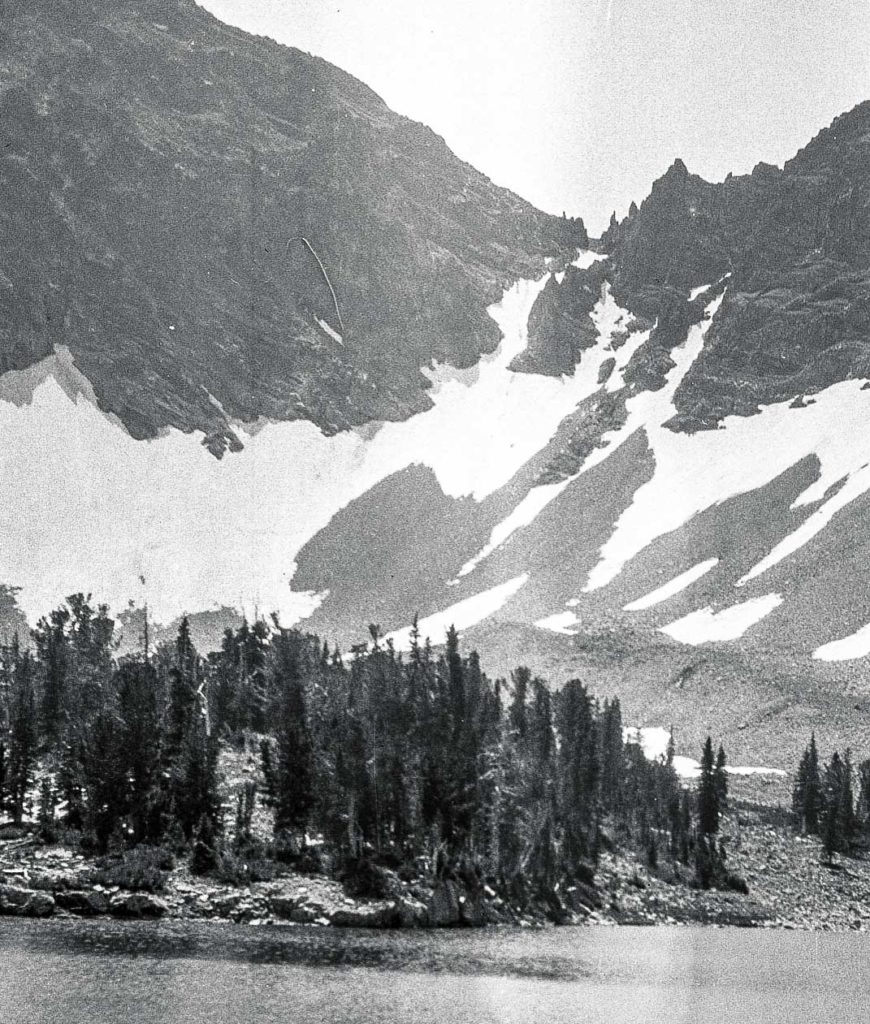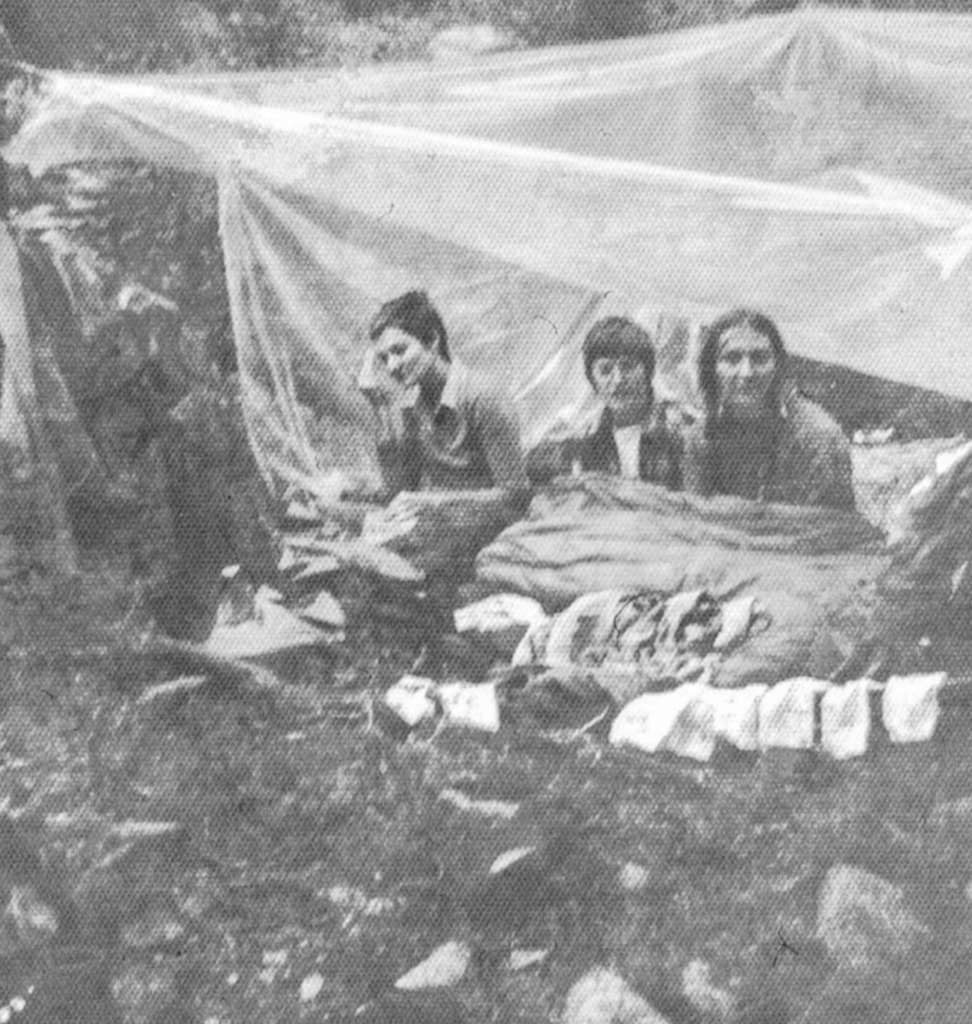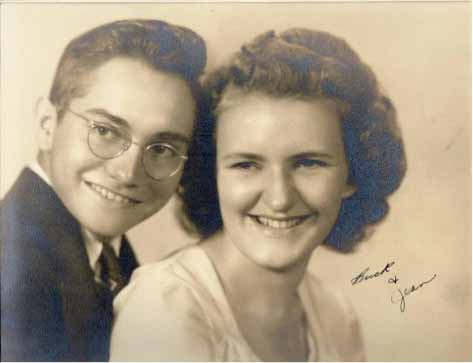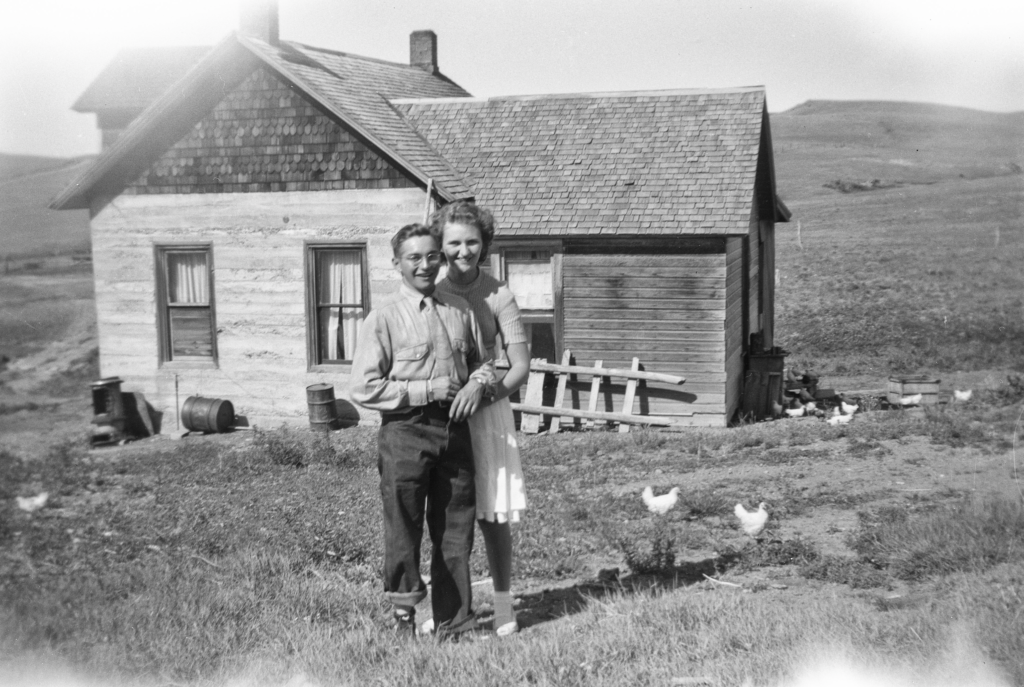As every morning, I lift the bedroom shade and look to the mountains. A wave of warmth washes over me, and I hear my almost breathless words, “Oh wow! Isn’t she gorgeous?” Her beauty is indescribable, her white tresses sparkling in the morning sun, her clean white cloak pulled up tightly, her crown of jewels gleaming in the sunlight.
Those who live within her realm are called as stewards, to love and protect her. That is where my Daddy was raised. The love of the mountains never left his heart. His stories tell of the privilege to live within the mountains, but they also tell of the hardships and sacrifices they willingly accepted.
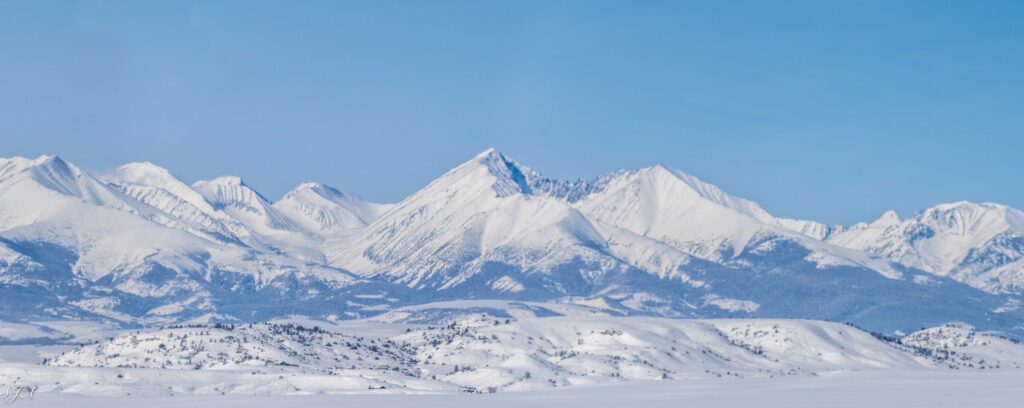
This tale is of Jack’s birth in March 1917 as told by my Guest Author, my Daddy
Some people get sick at convenient times. This is not the case for our family. Weekdays after the doctors offices closed, or Saturday afternoons, or ten o’clock at night were the usual times for emergencies to strike our family. Our children didn’t choose the right time to be sick. Back in the old days, in the backwoods forty miles from a doctor, there wasn’t any right time to choose.
People on the upper Sweet Grass were snowbound in the winter and mudbound in the springtime. The rest of the year the roads were dust, boulders, or chuck holes. There was no convenient way to get medical assistance. As a result, my father administered first aid and minor surgery to dogs, cats, cows, and children at the Ward and Parker Sawmill.
Dad’s practice of medicine got off to a start the first year of his married life. It was March of 1917. That was the year of the bad winter. Snow was shoulder high to an Irishman when Mother woke up with labor pains.
“Bud,” she said, “the baby’s coming.”
“Blood, Thunder, and Sudden Death, he can’t come now.”
“She’s going to anyway,” Mother groaned. “You’ll have to do something!”
Father did what he had to do. He called on his business partner’s experience and wisdom. Ernest Parker rose to the occasion. He saddled the only transportation available and rode down the canyon to get Granny Brannin.
Here is Bud Ward’s account. “About 10 P.M., decide we are going to have family. Ernest leaving logging camp for help. Heat water, heat cabin, light both lamps, read doctor book, and sweat, and pray, and deliver baby about 11 P.M.”
Down at the Brannin ranch, Guadalupe Brannin called her daughter, Toots, and sent her on ahead. Then she collected some more mid-wife materials while Dick Brannin went to the barn to ready a team of horses. Dick had known all along that there was no right time for sickness, so it didn’t take him long to hitch his team to a sled. Soon the horses were floundering their way up the canyon. By the time they arrived Bud Ward had already delivered his first son and cradled him in a shoe box on the warming oven. While Dad never made any more home deliveries, he was, by necessity, the medical practitioner for the family.
